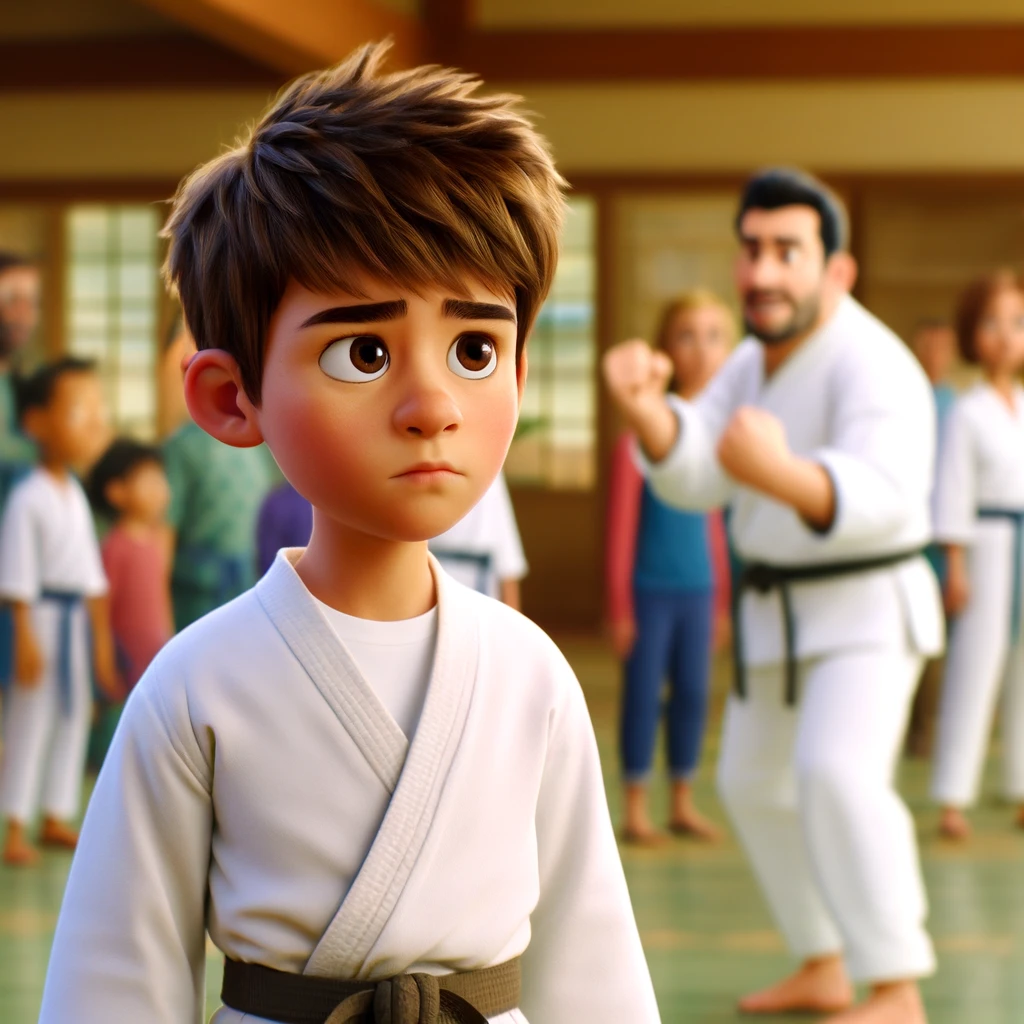
A kids martial arts teacher should always give realistic feedback for several key reasons that impact the overall development, safety, and well-being of the child. Here’s why realistic feedback is so important in this context:
1. Safety
Realistic feedback is crucial for ensuring the safety of young martial artists. It helps them understand their current skill level and limitations, preventing overconfidence that could lead to attempting techniques or challenges they are not yet ready for, which could result in injury to themselves or others.
2. Skill Development
For children, understanding where they stand in terms of skill level is vital for their growth in the sport. Realistic feedback provides them with a clear sense of what they have mastered and what needs improvement, allowing them to focus their efforts more effectively and achieve progressive skill development.
3. Building a Growth Mindset
Realistic feedback encourages a growth mindset, where children understand that their abilities can improve with effort and practice. It teaches them that challenges and mistakes are part of learning and growth, not signs of failure. This mindset can positively impact not just their performance in martial arts but their approach to challenges in other areas of life.
4. Fosters Resilience
When children receive realistic feedback, especially when it points out areas for improvement, they learn to handle criticism constructively. This resilience enables them to face setbacks and challenges with a positive attitude and a willingness to try again, essential qualities in martial arts and everyday life.
5. Promotes Trust and Respect
An instructor who provides honest, realistic feedback earns trust and respect from their students. Kids are more perceptive than often given credit for; they can sense when feedback is not genuine. Honest feedback helps build a strong, trusting relationship between coach and student, which is foundational for effective learning and development.
6. Encourages Discipline and Focus
Realistic feedback helps young martial artists set achievable goals and work systematically towards them. It teaches discipline and focus, as students understand the effort required to achieve certain skills or belts, encouraging them to apply themselves consistently and attentively.
7. Prepares for Competitions
For those involved in competitive martial arts, realistic feedback is essential for preparation and performance. Knowing their strengths and weaknesses allows young athletes to train effectively, strategize according to their skill levels, and enter competitions with a clear, realistic understanding of their abilities.
8. Supports Social and Emotional Development
Realistic feedback, delivered in a supportive and positive manner, helps children develop social and emotional skills. They learn empathy by understanding how to give and receive feedback respectfully, improving their ability to communicate and interact with others constructively.
Conclusion
Realistic feedback is a cornerstone of effective coaching in kids’ martial arts, promoting safety, skill development, resilience, and many other qualities that contribute to a child’s well-rounded growth. By maintaining honesty and positivity in feedback, a coach not only enhances the martial arts journey for their students but also imparts life lessons that extend far beyond the dojo.